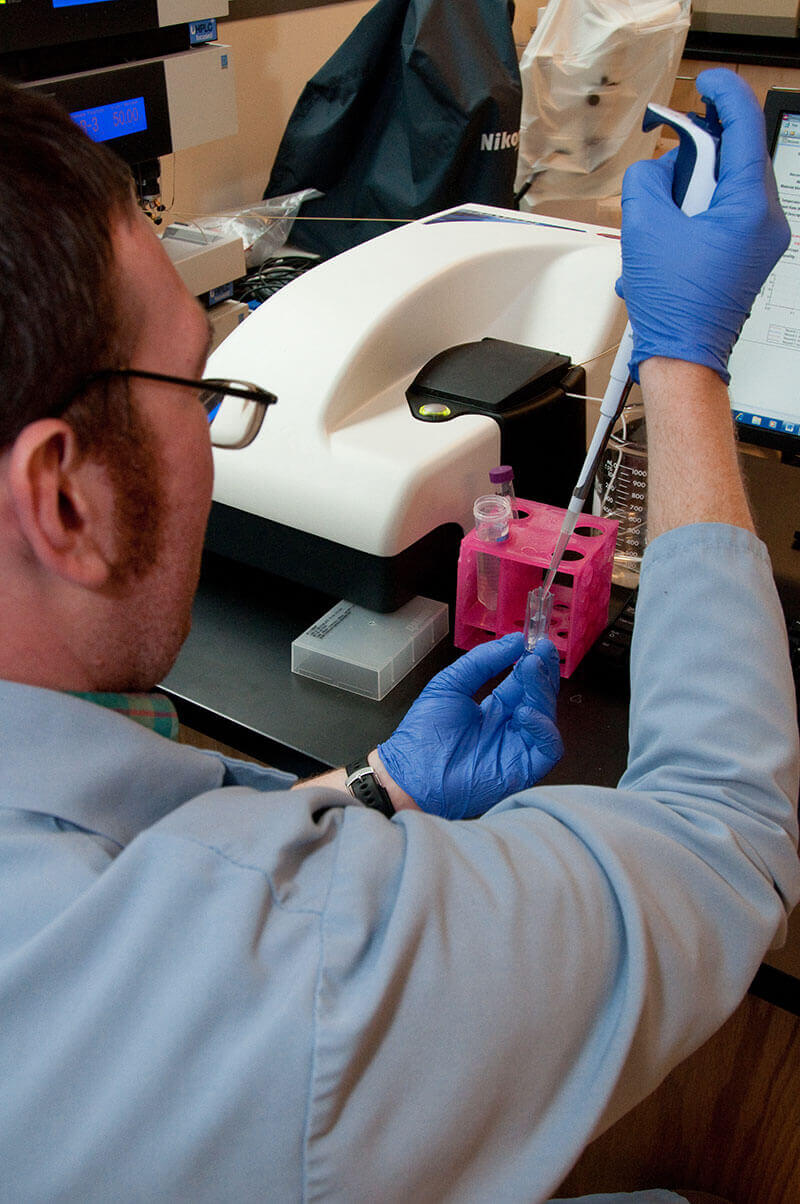Jenny HowellGHTC
Jenny Howell is a senior policy and advocacy associate at GHTC, leading the coalition's US Congressional advocacy.
While lawmakers battled it out on the field last week during the annual Congressional Baseball Game (Democrats won for the sixth year in a row!), they found something they could join together on as the House Appropriations Committee easily approved the State and Foreign Operations Subcommittee’s (SFOPS) appropriations bill on Tuesday afternoon. Since GHTC reported two weeks ago on initial funding levels between the bills, both chambers have also released their accompanying reports which provide policy language that gives further clarity on the policymakers’ thinking and intent.
What’s new?

We think the House Committee hit a home run in their inclusion of language submitted by the GHTC on the need for coordination across the US government on global health research and development (R&D). The language in the report directs the US Agency for International Development (USAID) to coordinate across the government with the other agencies involved in global health R&D. As it currently stands, there is no cross-US government global health R&D strategy, which leads to gaps in research, inefficiencies, and missed opportunities. This is a no-cost fix which will help leverage taxpayer dollars, fill gaps, and ensure that the ball is not dropped when valuable research needs to be shared across agencies. We’re glad to see policymakers are recognizing the need for improved coordination, and we are hopeful this language will be included in whatever final legislation is passed—whether in a continuing resolution, conference, or omnibus bill.
New to this year’s Senate report was the inclusion of a ‘Research and Development’ line within the Global Health section of the report which noted “the Committee supports investments in new global health technologies to address ongoing global health challenges.” This is another score for R&D advocates and one we hope will be included in final law.
Also new for both chambers’ reports was the inclusion of language supporting the Global Development Lab. Both versions express support for the lab, as well as instructions to keep Congress informed on its progress.
Continued support for R&D
Similar to last year’s report, the House included language encouraging USAID to continue supporting research around the need for new drugs to address neglected tropical diseases (NTDs). Also like last year, the Senate language was a bit more enigmatic—noting the contributions of the private sector in R&D for NTDs, but not specifically mentioning USAID’s role in the process. Again, we’re hoping the House language will be included in the final bill. Similarly, the House provides strong language around continued support for microbicide development.
R&D for malaria continued to have strong support, particularly from the Senate bill, which, similar to previous years, included language about the need for new insecticides, diagnostic, and vector control tools, alternatives to arteminisin combination therapies and counter resistance, and pediatric formulations. While this isn’t new, it’s encouraging to see this remains a priority for policymakers. As in previous years, the Senate bill provides strong support for the acceleration of research for contraceptives that are “effective, affordable, and easier to deliver.” Both reports included language about efforts to develop a malaria vaccine and language around the need for continued research for a vaccine to combat AIDS.
Next steps
Now that both chambers’ appropriations committees have approved their respective SFOPS bills, it will be up to policymakers to work out the differences, both in funding levels and policy. We’re hoping lawmakers can figure out a way to keep the ball rolling, but whatever happens, we’ll be watching the situation closely.